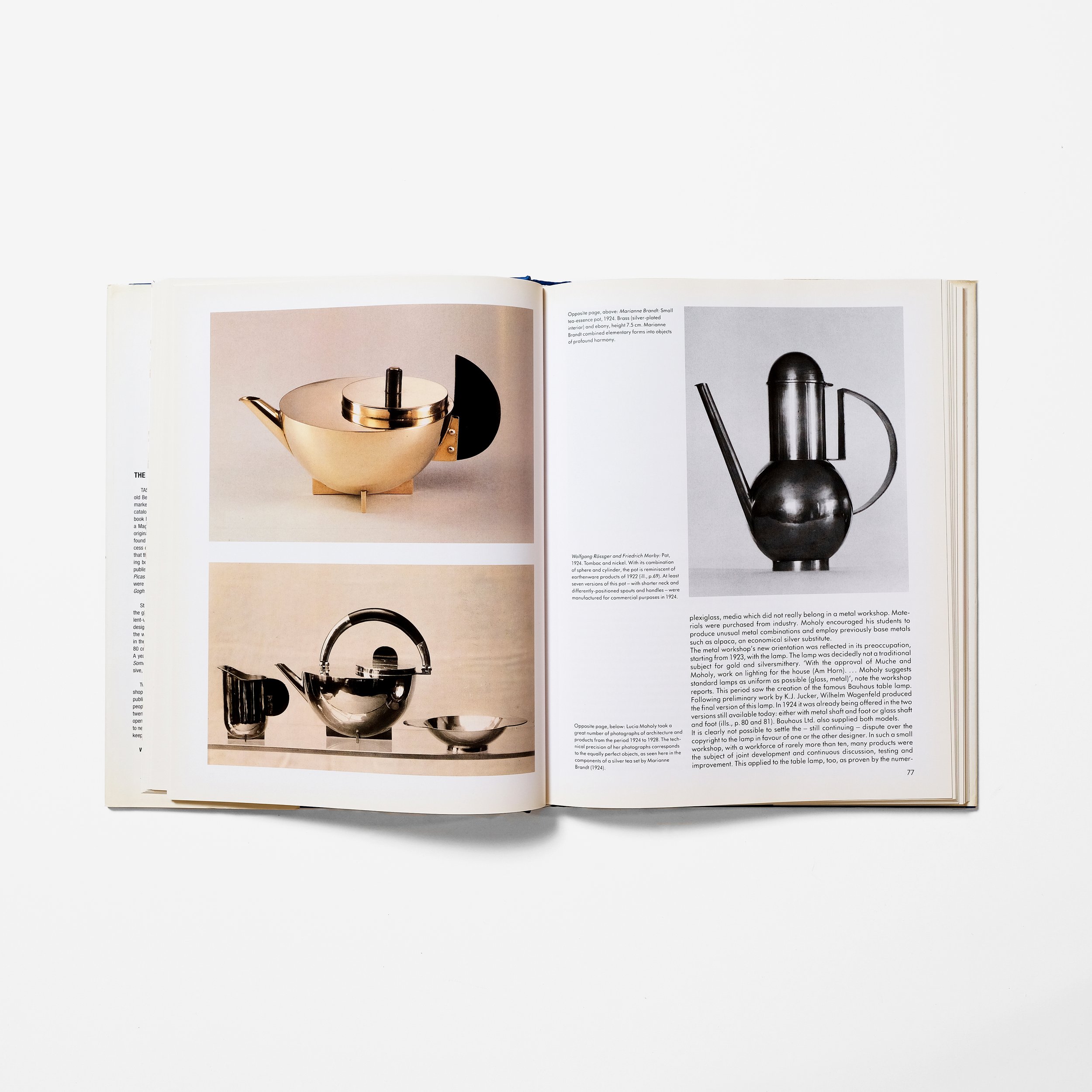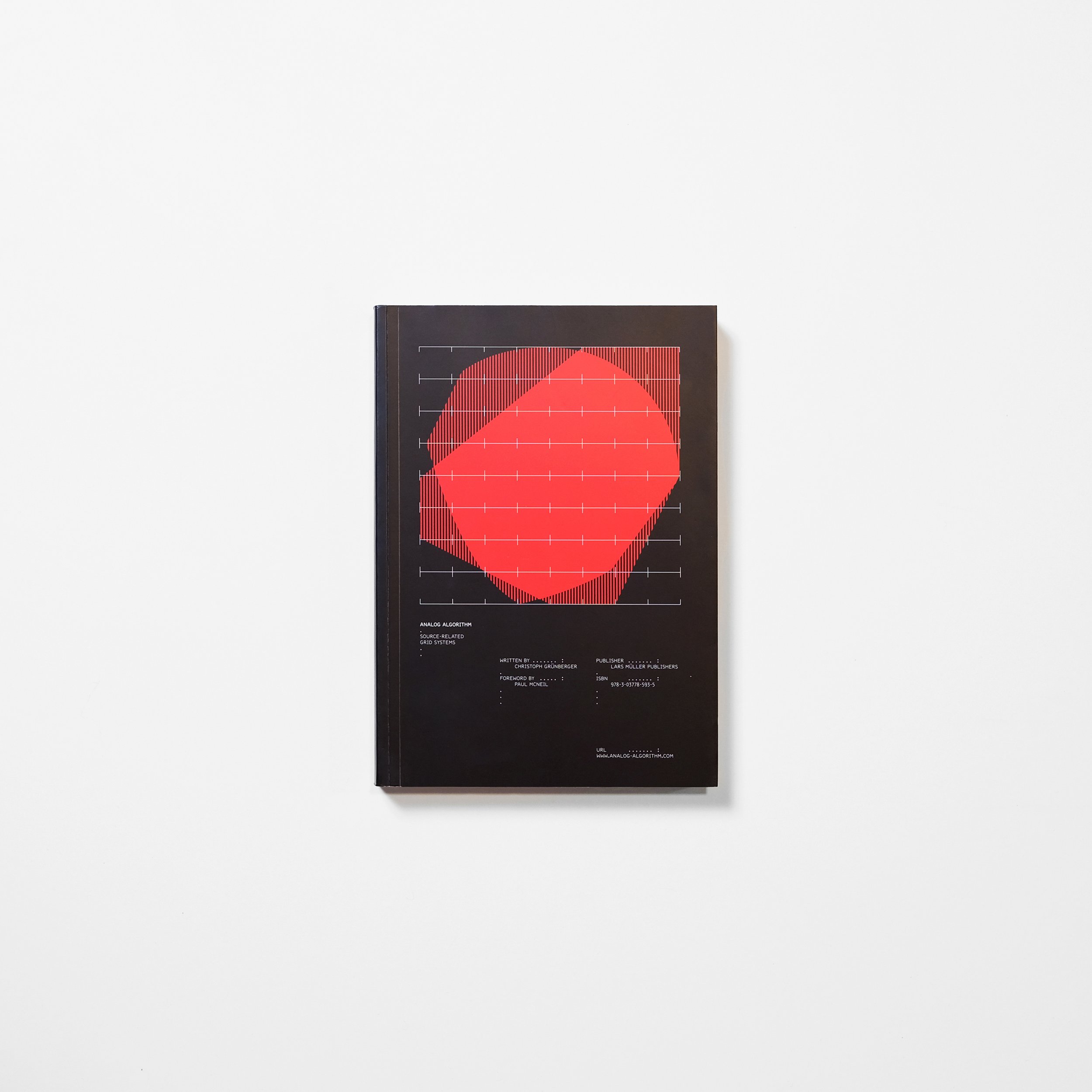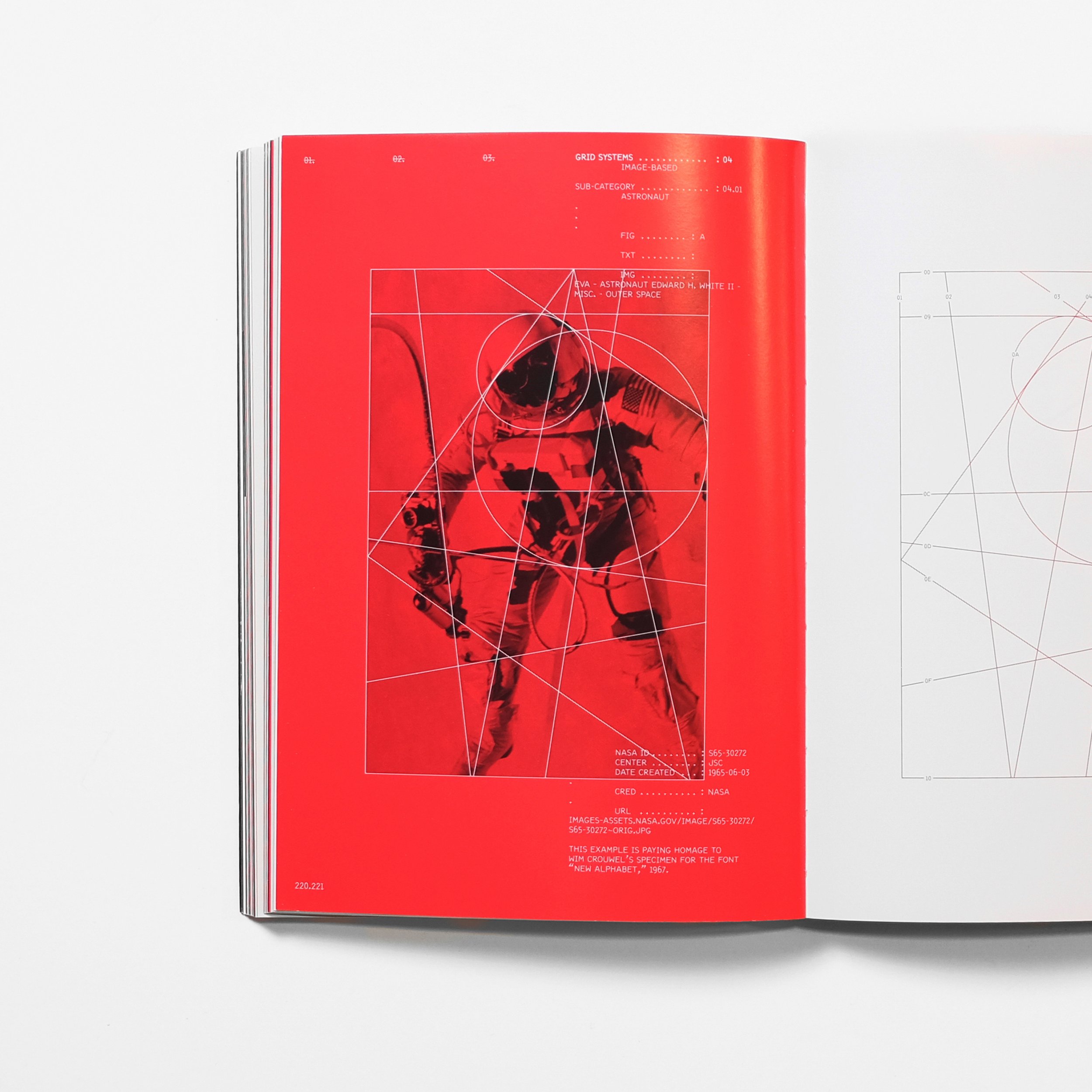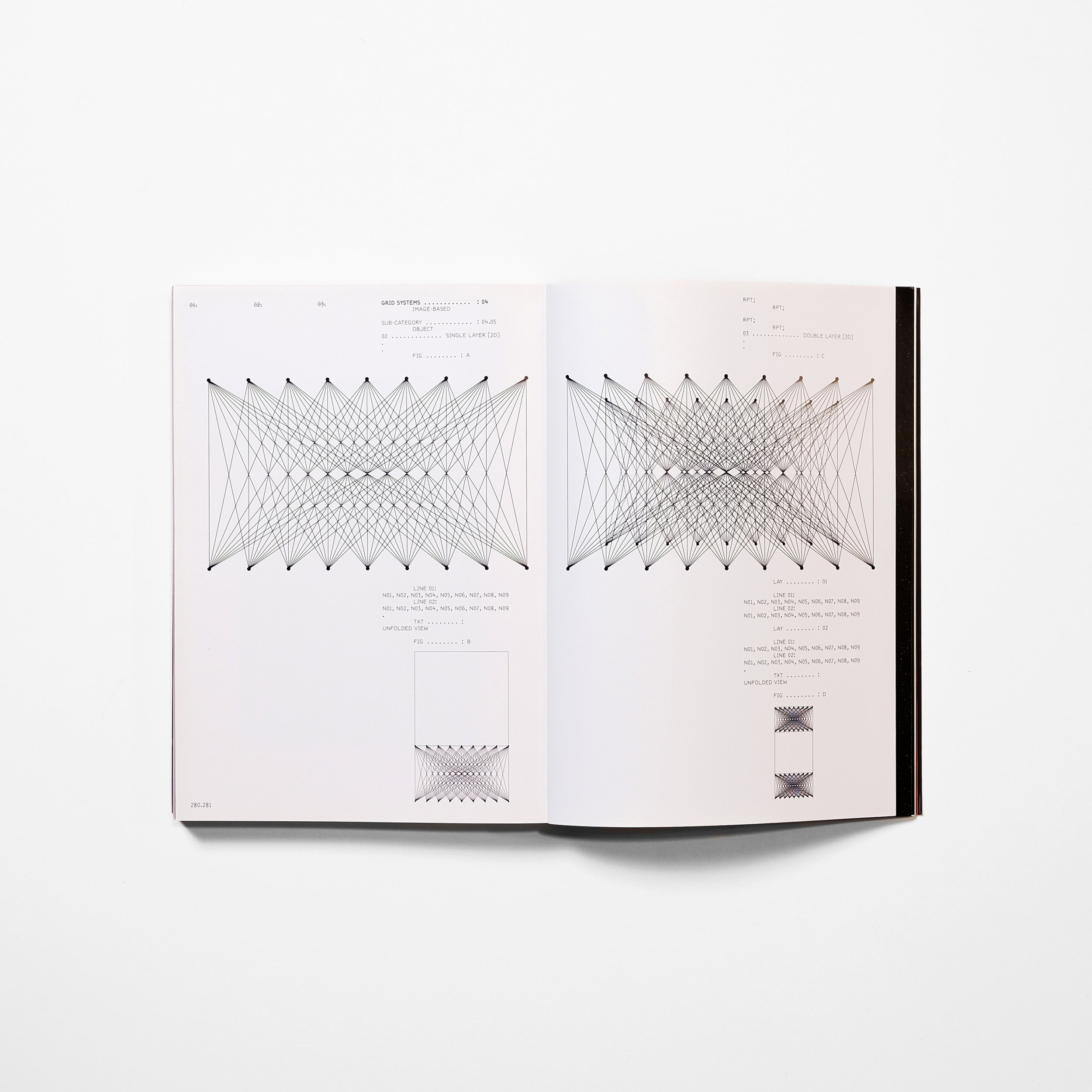Bauhaus: 1919-1933
Seventy years after its founding in Weimar, the Bauhaus has become a global symbol of design innovation. Its legacy is often oversimplified as the "Bauhaus style," but the school's impact goes far deeper. Renowned artists like Wassily Kandinsky, Paul Klee, and Oskar Schlemmer taught there, while figures such as Johannes Itten, Josef Albers, and László Moholy-Nagy revolutionized art and design education, influencing curriculums worldwide.
The architecture of Walter Gropius and Ludwig Mies van der Rohe, characterized by minimalist forms, has been both celebrated and criticized for its influence on urban landscapes. Despite its short lifespan (1919–1933), the Bauhaus embodied radical modernization, attracting both admiration and critique. Its closure by the Nazis in 1933 did not halt its influence; many Bauhaus members, including Gropius and Mies van der Rohe, brought its principles to the U.S., shaping modern architecture and design education.
Magdalena Droste's book offers a comprehensive history of the Bauhaus, incorporating recent research to examine its evolution from Expressionism to Constructivism and its architectural focus. With illustrations from the Bauhaus Archiv, the book highlights the school's enduring richness, contradictions, and influence on art, design, and education.
Seventy years after its founding in Weimar, the Bauhaus has become a global symbol of design innovation. Its legacy is often oversimplified as the "Bauhaus style," but the school's impact goes far deeper. Renowned artists like Wassily Kandinsky, Paul Klee, and Oskar Schlemmer taught there, while figures such as Johannes Itten, Josef Albers, and László Moholy-Nagy revolutionized art and design education, influencing curriculums worldwide.
The architecture of Walter Gropius and Ludwig Mies van der Rohe, characterized by minimalist forms, has been both celebrated and criticized for its influence on urban landscapes. Despite its short lifespan (1919–1933), the Bauhaus embodied radical modernization, attracting both admiration and critique. Its closure by the Nazis in 1933 did not halt its influence; many Bauhaus members, including Gropius and Mies van der Rohe, brought its principles to the U.S., shaping modern architecture and design education.
Magdalena Droste's book offers a comprehensive history of the Bauhaus, incorporating recent research to examine its evolution from Expressionism to Constructivism and its architectural focus. With illustrations from the Bauhaus Archiv, the book highlights the school's enduring richness, contradictions, and influence on art, design, and education.
Seventy years after its founding in Weimar, the Bauhaus has become a global symbol of design innovation. Its legacy is often oversimplified as the "Bauhaus style," but the school's impact goes far deeper. Renowned artists like Wassily Kandinsky, Paul Klee, and Oskar Schlemmer taught there, while figures such as Johannes Itten, Josef Albers, and László Moholy-Nagy revolutionized art and design education, influencing curriculums worldwide.
The architecture of Walter Gropius and Ludwig Mies van der Rohe, characterized by minimalist forms, has been both celebrated and criticized for its influence on urban landscapes. Despite its short lifespan (1919–1933), the Bauhaus embodied radical modernization, attracting both admiration and critique. Its closure by the Nazis in 1933 did not halt its influence; many Bauhaus members, including Gropius and Mies van der Rohe, brought its principles to the U.S., shaping modern architecture and design education.
Magdalena Droste's book offers a comprehensive history of the Bauhaus, incorporating recent research to examine its evolution from Expressionism to Constructivism and its architectural focus. With illustrations from the Bauhaus Archiv, the book highlights the school's enduring richness, contradictions, and influence on art, design, and education.















